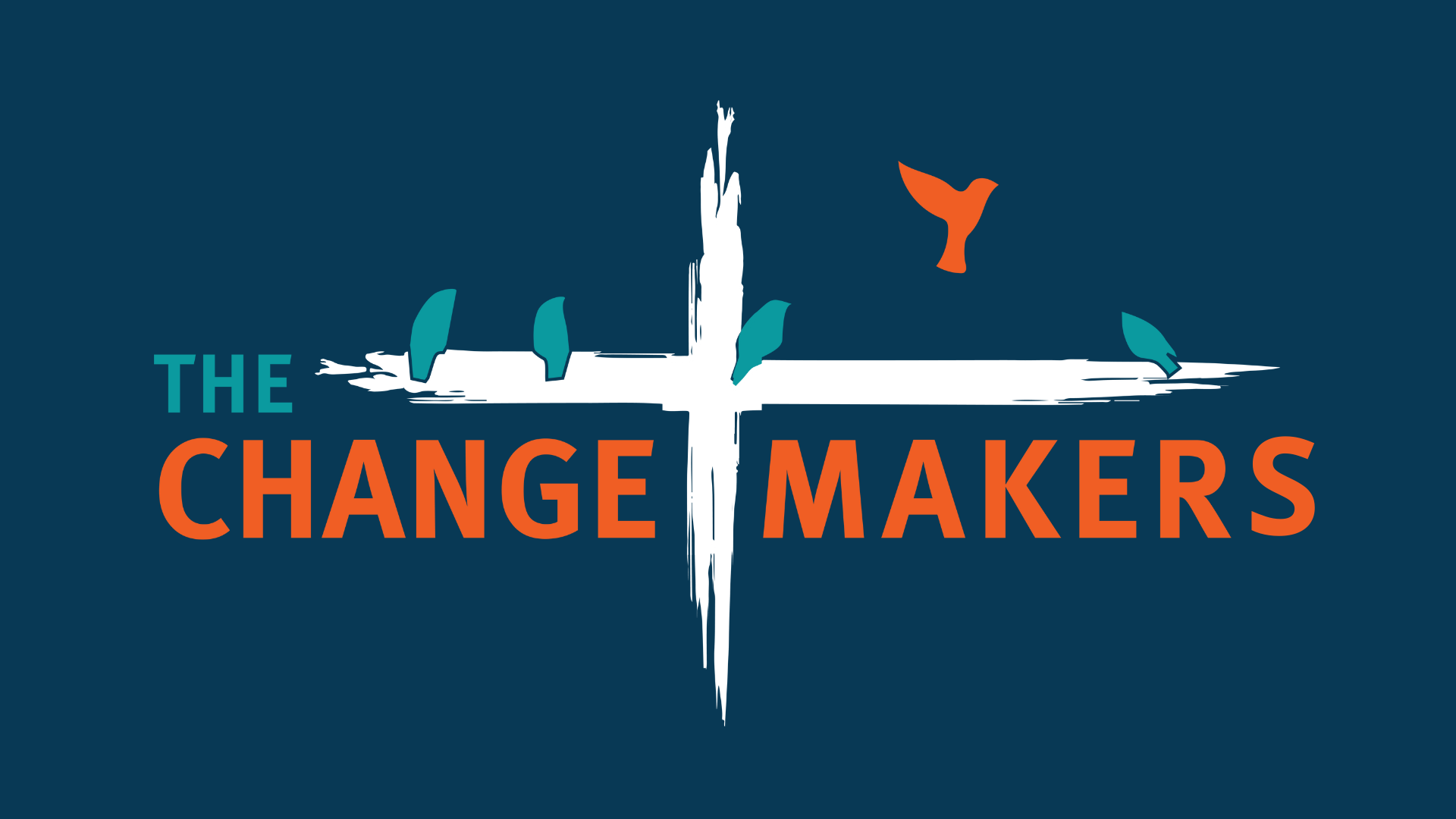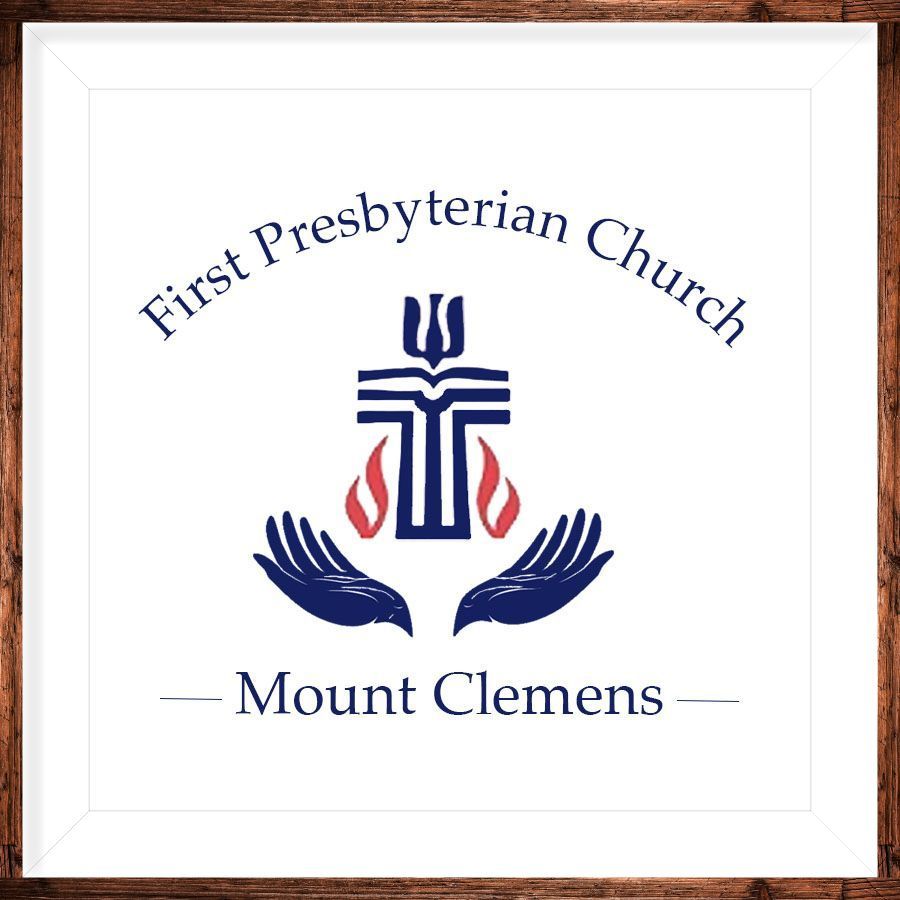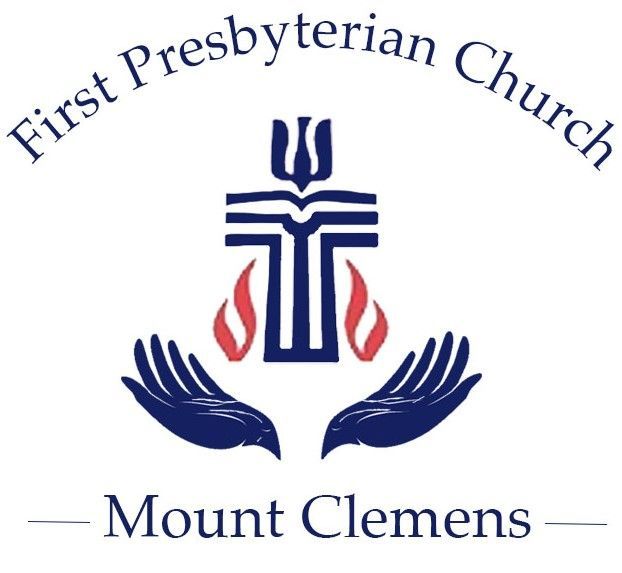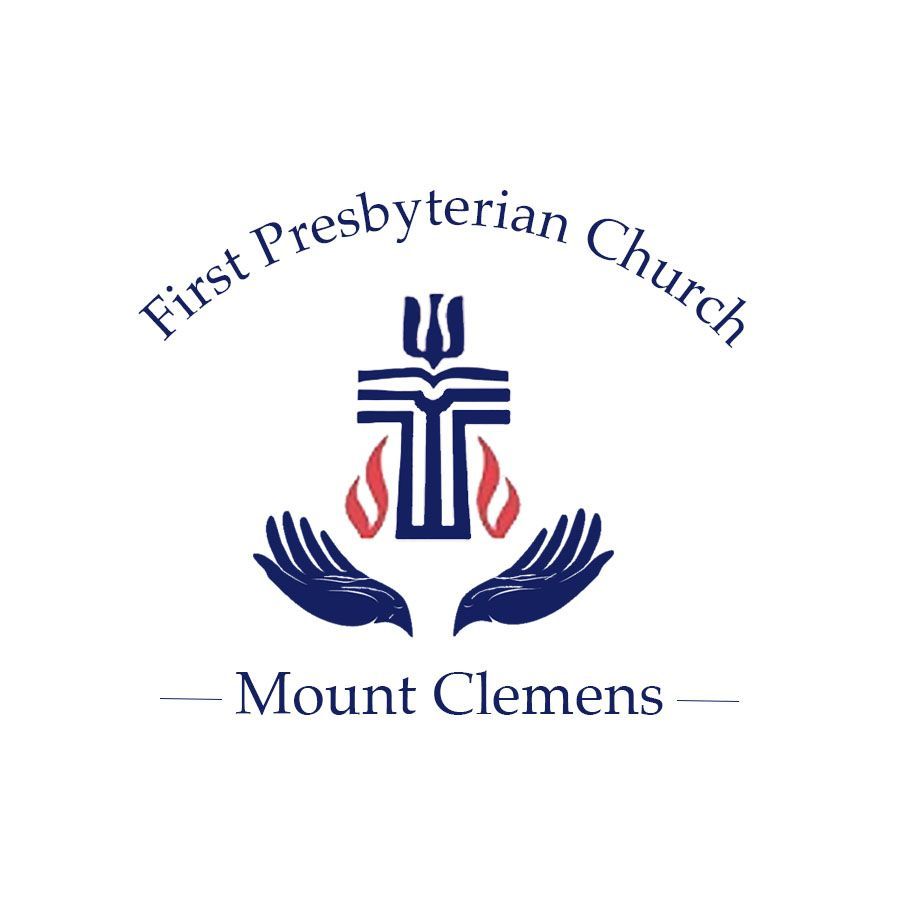“I lift up my eyes to the hills— from where will my help come?
My help comes from the Lord, who made heaven and earth.” Psalm 121:1-2
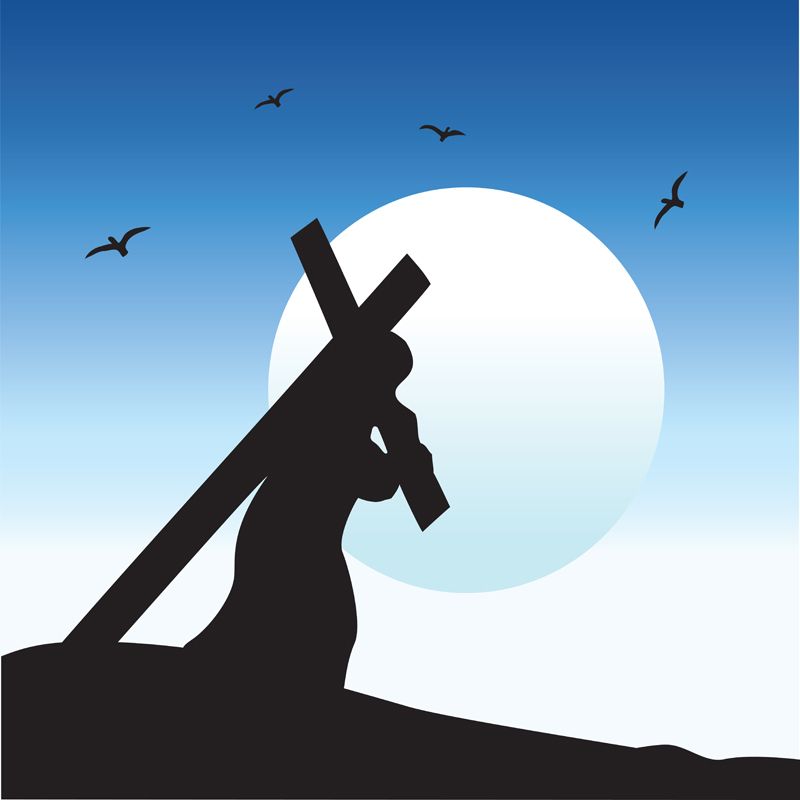
Dear Friends,
Years ago, a pastor shared that it was a tradition in her family to recite Psalm 121 whenever someone went on a trip. The person leaving would say the first two verses and those present would recite the rest of the psalm. In doing so, the one leaving on the journey would be assured that the Lord would be with them in all their comings and goings.
If we did this for all our journeys in life, we would be reciting it each day, and that is not such a bad idea after all. This is true, for God is with us in all life’s journeys: the external (physical), the internal (heart, mind), and in the theological (spiritual) journeys.
External journeys are those we physically take from place to place like moving from our place of birth to other parts of the country or anywhere in the world. We make temporary moves when we go on vacation, or when we travel to warmer places during the winter, or cooler places during the summer.
Internal journeys are the ones we take to explore who we are in relation to one another. It is the horizontal line of the cross. I am thinking about how we change our point of view as we mature from infancy to adulthood, and into our senior years. This journey happens as we come to understand ourselves through our life experiences: the challenges we face, all our ups and downs, our gains and losses, and our successes and failures. In turn, we come to understand our strengths and weaknesses, and how they influence the course of our life, as well as our relationships with others.
Theological journeys are those that help us to learn about God. It is a spiritual journey that informs the relationship between God and us. It is the vertical line of the cross. From our studies, we come to understand what God requires of us and how that knowledge guides us in every step we take.
Thus, every journey we take in life challenges our understandings of God. When we physically reside in a new place, we rely so much on the faithfulness of God to be with us as the Psalmist promises and this gives us strength to make the adjustments needed to live in that new place. When we do the self-examination, we discover our role as residents of God’s created world. We rely on the assurance from God that the Lord is guiding our heart and mind to discover the answers we seek.
During this upcoming Season of Lent, we will be taking a journey to the cross to listen to the last words Jesus said as he died. When Jesus died on the cross, it was a culmination of a life that spanned about 33 years. In the Gospel of Mark, Jesus proclaims, “If you want to become my followers, let them… take up their cross and follow me.” Therefore, His final words not only reflect the suffering he endured on Good Friday; they are words that offer us the opportunity to lean in and listen closely for messages that are for us. For Jesus’ last words calls us to go on the same journey that led him to Golgotha.
May the Lord be with us, as we take this journey together.
I thank God for you,
Pastor Kathy Nealand
Lenten Series: The Last Words of Jesus” based on the book, Seven Words: Listening to Christ on the Cross” by Susan Robb:
- Wednesday, March 5, As Wednesday – “Father, forgive them.” Luke 23:32-3
- Sunday, March 9 – “Today you will be with me in Paradise.” Luke 23:42-43
- Sunday, March 16 – “My God, my God” Mark 15:33-34; Matthew 27:46
- Sunday, March 23 – Woman, here is your son.” John 19:25b-27
- Sunday, April 6 – “I am thirsty.” John 19:28
- Sunday, April 13 – “Into your hands” Luke 23:46
- Thursday, April 17 – Holy Thursday "It is Finished” John 19:3
